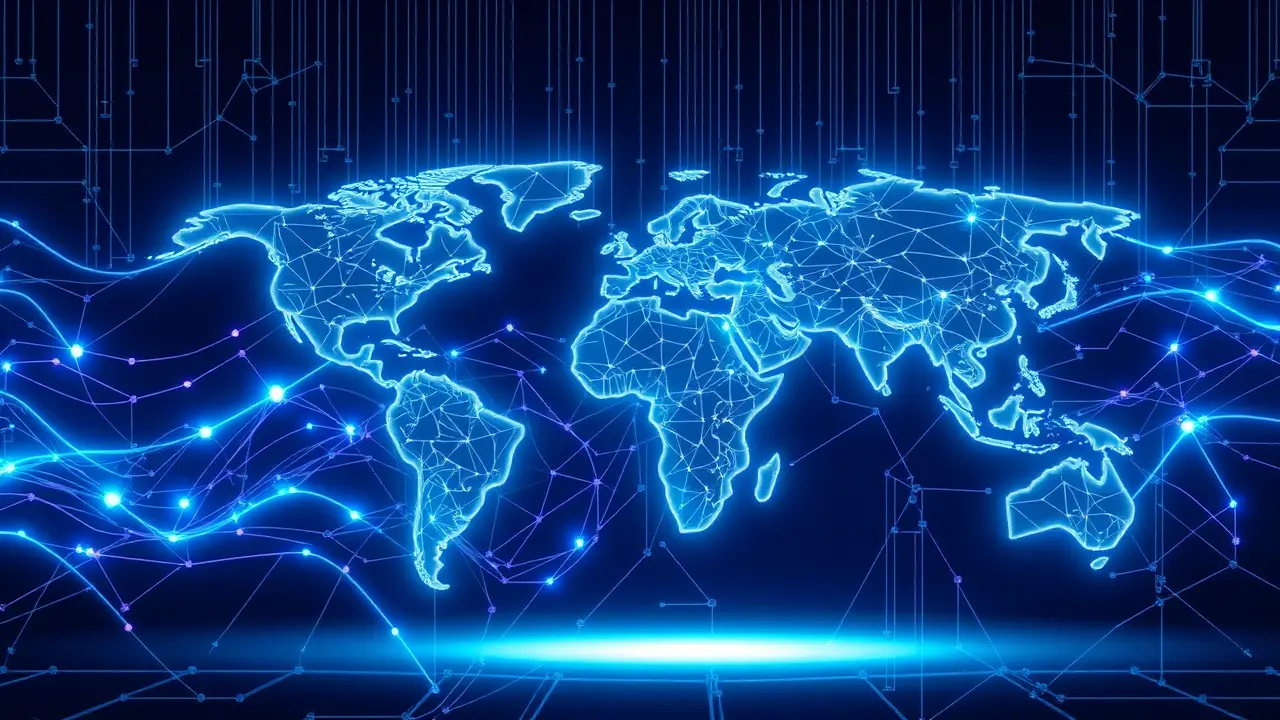
AIenterprise aiAI in Finance and Banking
The Hidden Human Workforce Powering Advanced AI Systems
DA
Daniel Reed
15 hours ago7 min read2 comments
Behind the sleek public facade of artificial intelligence systems that solve PhD-level math problems and reason through complex queries lies a sprawling, often overlooked human ecosystem—a global network of freelance experts whose intellectual labor is the true engine of advanced AI development. While headlines celebrate the engineers at firms like OpenAI and Meta, a multibillion-dollar AI training industry has quietly emerged, employing thousands of specialists—from physicists and art critics to emergency physicians and legal scholars—to create the sample problems, ideal responses, and nuanced grading rubrics that teach machines to think.Companies like Scale AI, which recently secured a staggering $14. 3 billion investment from Meta, and competitors such as Invisible Technologies and Mercor, have built what Aakash Sabharwal of Scale describes as 'flight simulators for AI,' digital environments where human mentors guide algorithms through everything from coding to clinical diagnostics.This represents a profound evolution from the early days of simple data labeling—cat versus dog—to today’s demand for hyper-specialized knowledge. As Matt Fitzpatrick, CEO of Invisible Technologies, notes, the expert pools now include 'way more PhDs, way more master’s,' with clients expecting the rapid assembly of, say, fifty computational biologists overnight to deliver training data within a week.The trust dynamics are intricate; businesses often withhold their identities from the trainers, and AI labs may solicit data from multiple firms to compare quality, underscoring a competitive, secretive landscape. Compensation reflects this scarcity, with platforms like Mercor paying averages above $85 hourly, and Surge AI offering up to $500 per hour for Supreme Court litigators or Oxford linguists.Yet beyond financial incentives, many experts are driven by intellectual curiosity and a sense of mission. Dr.Alice Chiao, an emergency medicine physician training AI for Mercor, inputs real-world medical puzzles to test model limitations, envisioning a future where AI alleviates administrative drudgery to restore the human core of patient care. Similarly, Harvard economist Mark Esposito views his work as a 'social calling' to ensure AI provides ethically sound policy advice.Despite reports of gig-economy complaints in the past, the sector is maturing, with firms emphasizing fair pay and robust recruitment. Edwin Chen of Surge AI, who dreams of contributing to artificial general intelligence, argues that as models grow smarter, the need for human steering intensifies—accuracy benchmarks shift from 80% to 99.99999%, requiring perpetual calibration. This symbiosis suggests that AI’s ascent won’t render its human teachers obsolete but will instead deepen their role, expanding into robotics and enterprise applications. Ultimately, the hidden workforce powering AI reveals a paradoxical truth: the more artificial intelligence advances, the more indispensable human expertise becomes.
#featured
#AI training
#human expertise
#Scale AI
#Invisible Technologies
#Mercor
#Micro1
#freelance experts
#generative AI
Stay Informed. Act Smarter.
Get weekly highlights, major headlines, and expert insights — then put your knowledge to work in our live prediction markets.
Related News
© 2025 Outpoll Service LTD. All rights reserved.

